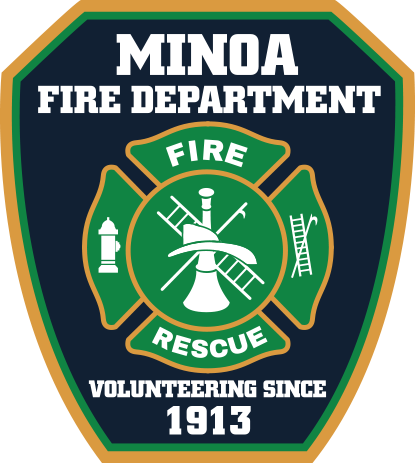Home Hazardous Materials

Staying Safe Around Everyday Dangers
Many common household items — like batteries, cleaning agents, and fuel—can pose serious hazards if not handled properly. Fortunately, a few careful practices can help you reduce the risk of fire, injury, or exposure to harmful substances. Here’s how to store, use, and dispose of potentially hazardous materials safely in and around your home.
Expert advice is available on the disposal of home hazardous materials. Contact the Onondaga County Resource Recovery Agency. Click here.
Batteries
- If batteries become wet or damaged, consider replacing them as a precaution.
- Even used or “dead” batteries can be a fire hazard. It’s a good idea to place tape over the terminals before recycling or disposal.
Lithium Batteries
- Store lithium batteries in a cool, dry place.
- Always use lithium batteries designed specifically for the device you’re powering.
- Try to avoid overcharging lithium batteries.
- Do not dispose of lithium batteries in your regular household trash.
Flammable Substances
- When filling portable gasoline containers, do so outdoors in a well-ventilated area. Set the container on a stable, level surface such as the ground.
- Be sure to seal and store items like oil, gasoline, paint, propane, and varnish in a shed or storage space away from your home.
- Place flammable items on shelves that are safely away from any appliances.
- Oily rags should be kept in a well-ventilated area, far from any heat source.
- If a spill occurs, clean the area promptly and place the affected containers in a ventilated spot. If the spill is too large or you’re unsure how to clean it up safely, it’s wise to contact your local fire department for help.
Household Chemicals
- Try to follow the usage instructions printed on the label of any household chemical.
- Avoid mixing different products, as this can sometimes produce toxic gases or even ignite a fire.
- When handling chemicals, consider wearing gloves or goggles for added protection.
Storage
- Refer to label directions when storing household chemicals.
- Keep products in their original containers to ensure proper identification.
- Avoid storing flammable materials in direct sunlight or near heat sources or open flames.
- Make sure chemicals are kept well out of reach of children and pets.
- Safety locks and guardrails can help prevent containers from tipping or falling off shelves.
Disposal
- Follow the disposal instructions on product labels when discarding hazardous materials.
- Be especially careful with aerosol cans—they may still contain flammable contents, even when “empty,” and could explode or start a fire in the trash.
- If you’re not sure how to dispose of something safely, expert advice is available. Check with your local waste management agency or fire department.
Source for Content: National Fire Protection Association and U.S. Fire Administration
